- Details
- Written by Atanas Kostov
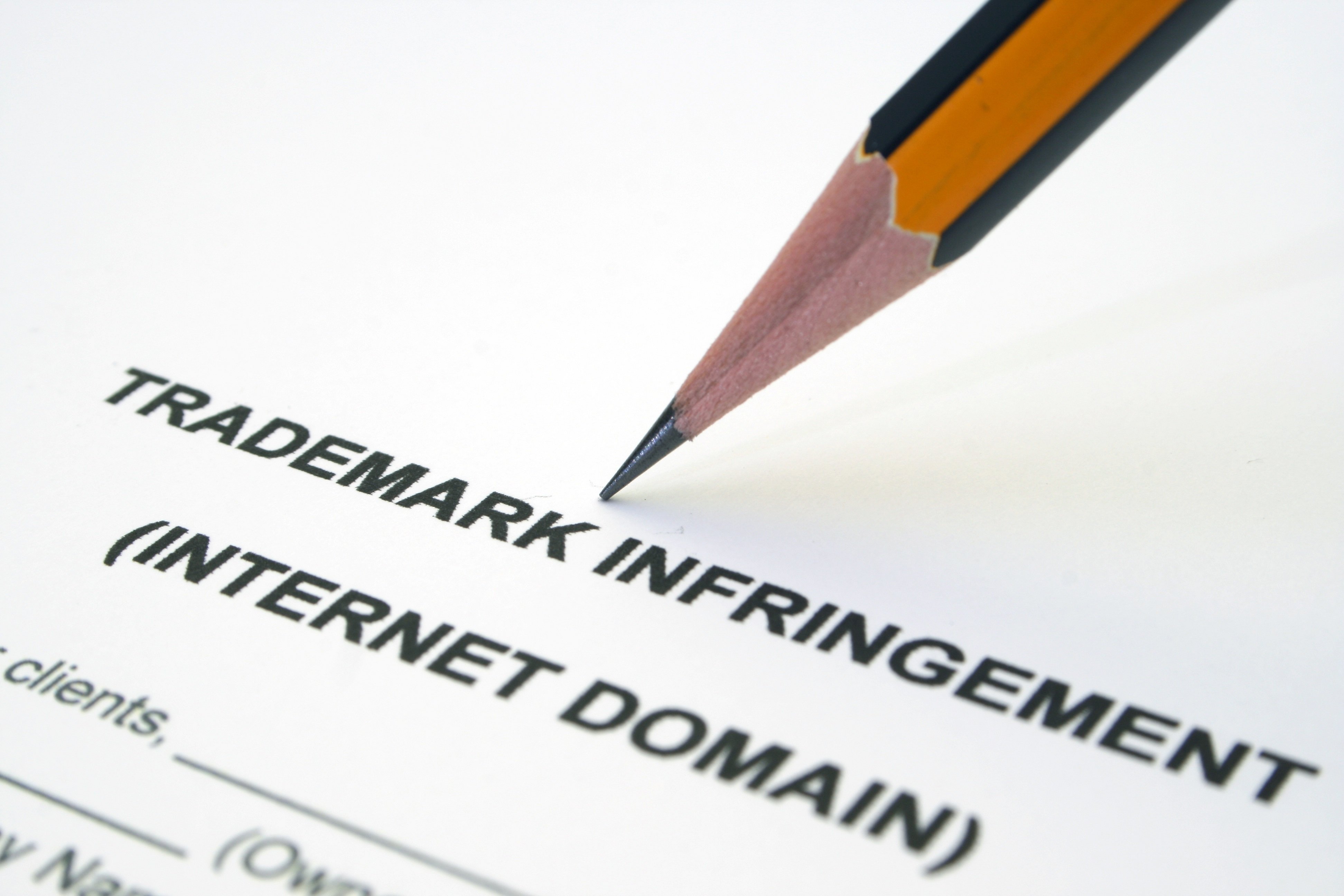
Why is the court practice concerning disputes between domains and trademarks in Bulgaria illegal?
1. Introduction :
I would like to start this presentation by noting the objective fact of reality that the largest company in the world (as I now), whose business is multi-billion - "AMAZON", is based online. Its shares are traded on the stock exchange in New York, London and Hong Kong. Behind the website AMAZON.com is the corporation "Amazon.com" Inc. This company also owns the American national, international (registered under the Madrid Agreement and its protocol) and European trademarks AMAZON.com . The trademark in question is definitely a domain! Its shares, according to my information (I admit it is incomplete), are not traded on the Sofia(Bulgarian) stock exchange, nor are cases related to it heard in the Sofia courts, but it is still the most expensive trademark in the world representing a domain. I share these facts because of the particularly controversial view of the Bulgarian court of the 21st century (object of research in this article) that "the domain cannot and is not a trademark" and that "the bad faith registration of a domain is not a commercial activity". Sounds absurd to you? For me as well.
- Details
- Written by Atanas Kostov
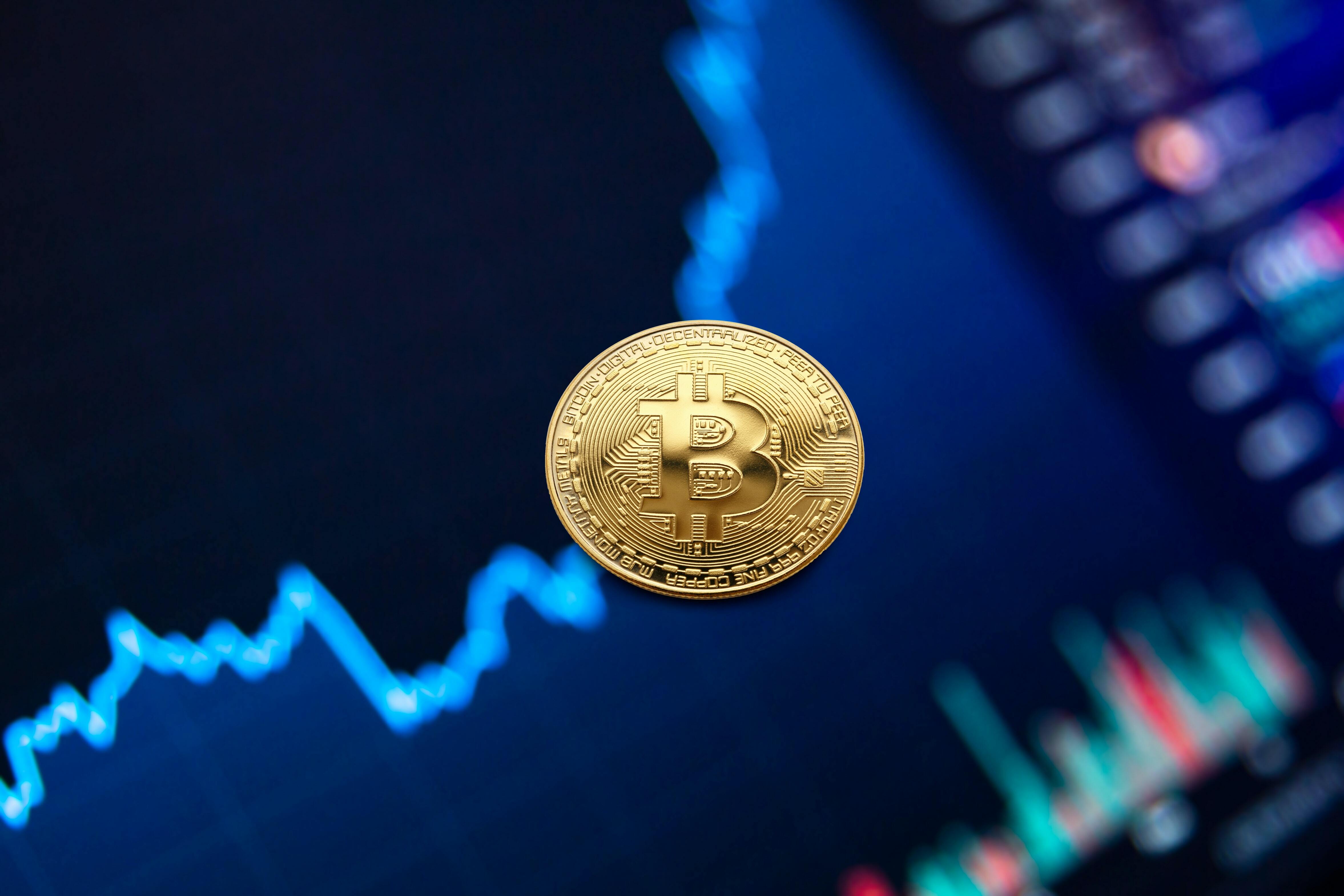
Crypto wallets, how to acquire them, set them up and what is the use of them?
1. Introduction.
Unlike your bank notes, debit and credit cards, cryptocurrencies cannot be easily stored in your physical wallet in your back pocket. In this line of thought, I would like to draw your attention to the fact that the way to store your electronic assets is the so-called " crypto wallets ", which are structured using blockchain technology.
A crypto wallet is a software program or physical medium (flash drive, hard drive, etc.) for securely storing the public and private keys you need to make cryptocurrency transactions. Crypto wallets also allow you to send and receive selected cryptocurrencies - from Bitcoin to Ethereum and more. Therefore, it can be said that crypto wallets are the gateway to making a solid footprint on the Web3 [1] and in the crypto investment world. This is your identity on the blockchain and this is how you store your cryptocurrencies, with the blockchain industry working towards every legal entity having a self-storage crypto wallet in the near future, not just the entities that are deep and hard immersed in blockchain technology.
That's why with this article I aim to ensure that you (1) better understand what a crypto wallet is, (2) how to create and set one up, and (3) why having one is critical when investing in cryptocurrencies.
- Details
- Written by Atanas Kostov
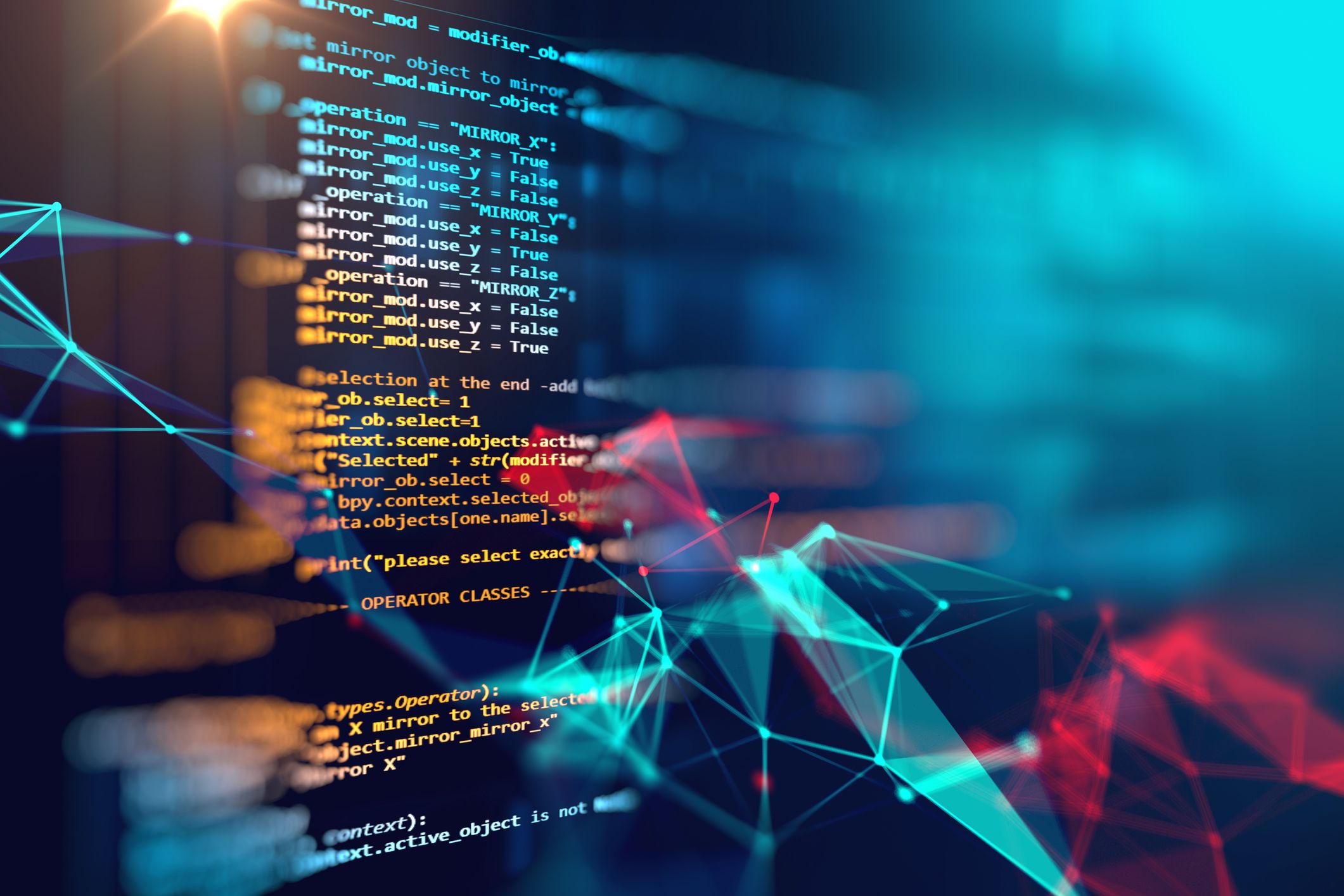
Patentability of software inventions in Europe.
1. Introduction.
The question of the patentability of software works has been the subject of many doctrinal and practical disputes in recent years in the institutions of the European Community. The liberalization of scientific and legal views on the patentability of intangible goods logically led to the registration and ex post facto - judicial protection of patents for mathematical, educational and business methods, a trend that until recently was materially unthinkable, but received its breakthrough in the last thirty years. stimulated by some prominent (corporate) users of the patent system, as well as by new trends in the national patent offices themselves. In Europe, unlike other countries in the world (such as the United States), software patentability was effectively parried substantively, namely through Article 52, paragraph 2 of the European Patent Convention (EPC) [1] . This legal norm contains a comprehensive list of objects excluded from patentability, namely: discoveries, scientific theories and mathematical methods; schemes, rules and methods for performing mental operations, games or economic activity, as well as computer programs (as such).
- Details
- Written by Atanas Kostov
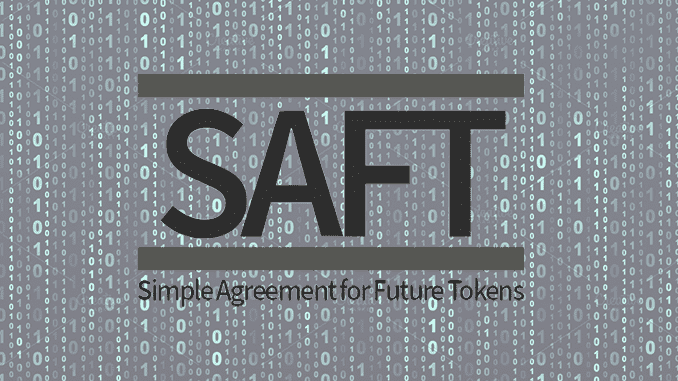
What is “SAFT”?
1. What is “SAFT”?
"SAFT" (from the English Simple agreement for future tokens) is a contractual investment agreement that refers at a technological ("low", i.e. such as in the code) level to the exchange of statements of intent regarding the agreement of specific investors to finance blockchain projects, with developers offering them discounted crypto tokens in return as a future event.
In this context, a "SAFT" contractual arrangement may qualify as a type of electronic bearer security and should fall within the scope of the provisions of the Public Offering of Securities Act. However, the tokens transferred from the blockchain developers to the investors, according to the “SAFT” agreement, are not securities. Therefore, they do not fall within the scope of the Bulgarian regulations on securities or electronic money companies, which are subject to the regulations of the Law on Payment Services and Payment Systems (ZPUPS) and the bylaws of the BNB licensing such companies (argument from Bulgarian Regulation No. 16 of the Bulgarian National Bank(BNB) of March 29, 2018 for the issuance of licenses and approvals, for entry in the register under Article 19 of the Federal Law on Public Procurement).
- Details
- Written by Atanas Kostov
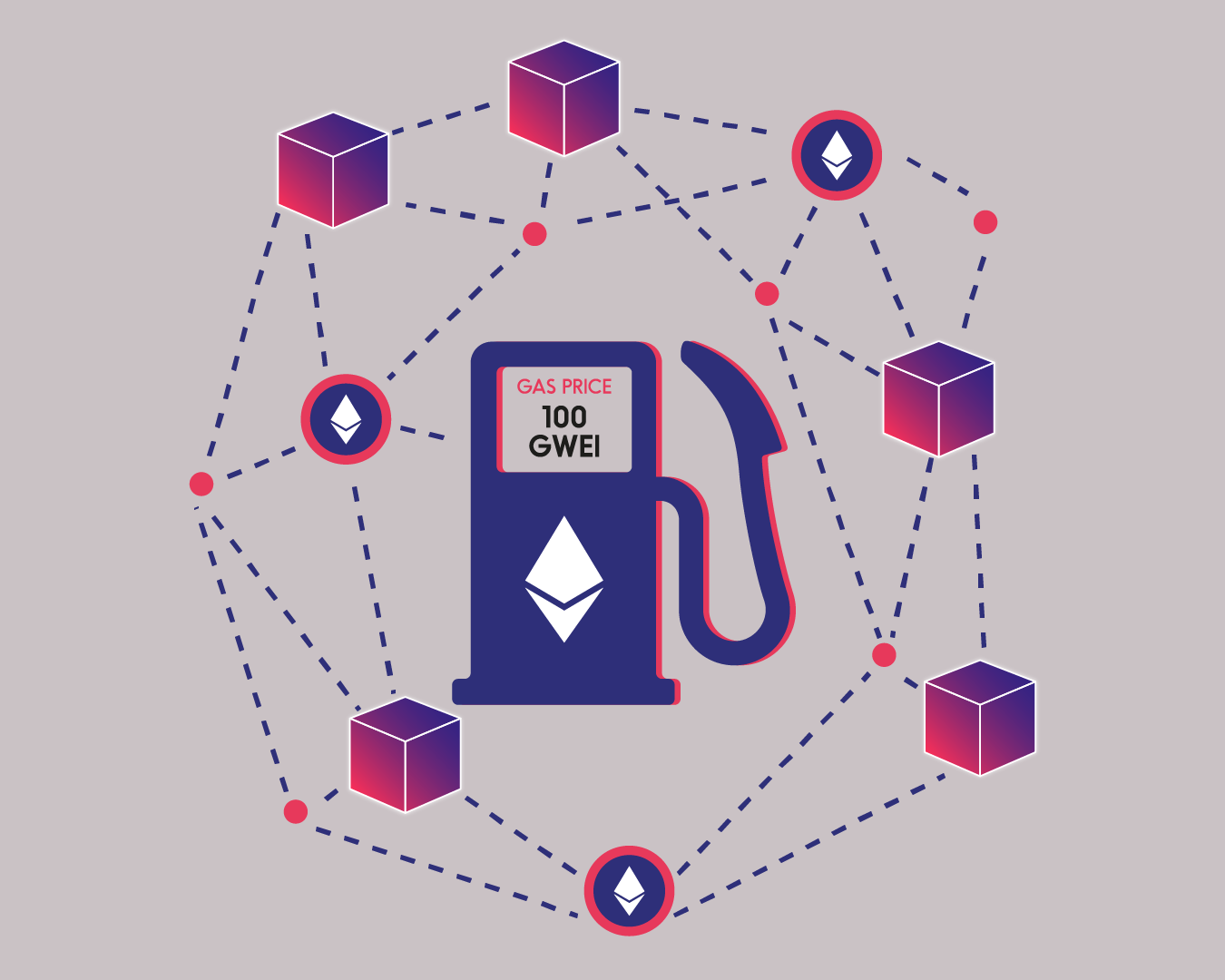
What is "GAS" or blockchain fees in the Ethereum ecosystem.
1. Introduction.
"Gas" is a unit of measurement that indicates the amount of computational effort required to perform specific operations on the Ethereum blockchain ecosystem . Since every transaction in Ethereum requires computing resources to execute, it is logical that this same technological operation requires a fee. Therefore, the term “Gas” refers to the fee required to successfully complete an Ethereum transaction.
Gas fees are paid in Ethereum's native currency, Ether (ETH) . The prices of "Gas" fees are denoted in "gwei" , which itself is a denomination of ETH - each "gwei" is equal to 0.000000001 ETH (10-9 ETH). For example, instead of saying that a "Gas" fee costs you 0.000000001 ether, you can say that "Gas" fees cost you 1 gwei. The word "gwei" itself means "giga-wei" and is equal to 1,000,000,000 "gwei". The "gwei" itself (named after Wei Dai, the creator of b-money) is the smallest unit of ETH .
- Details
- Written by Atanas Kostov
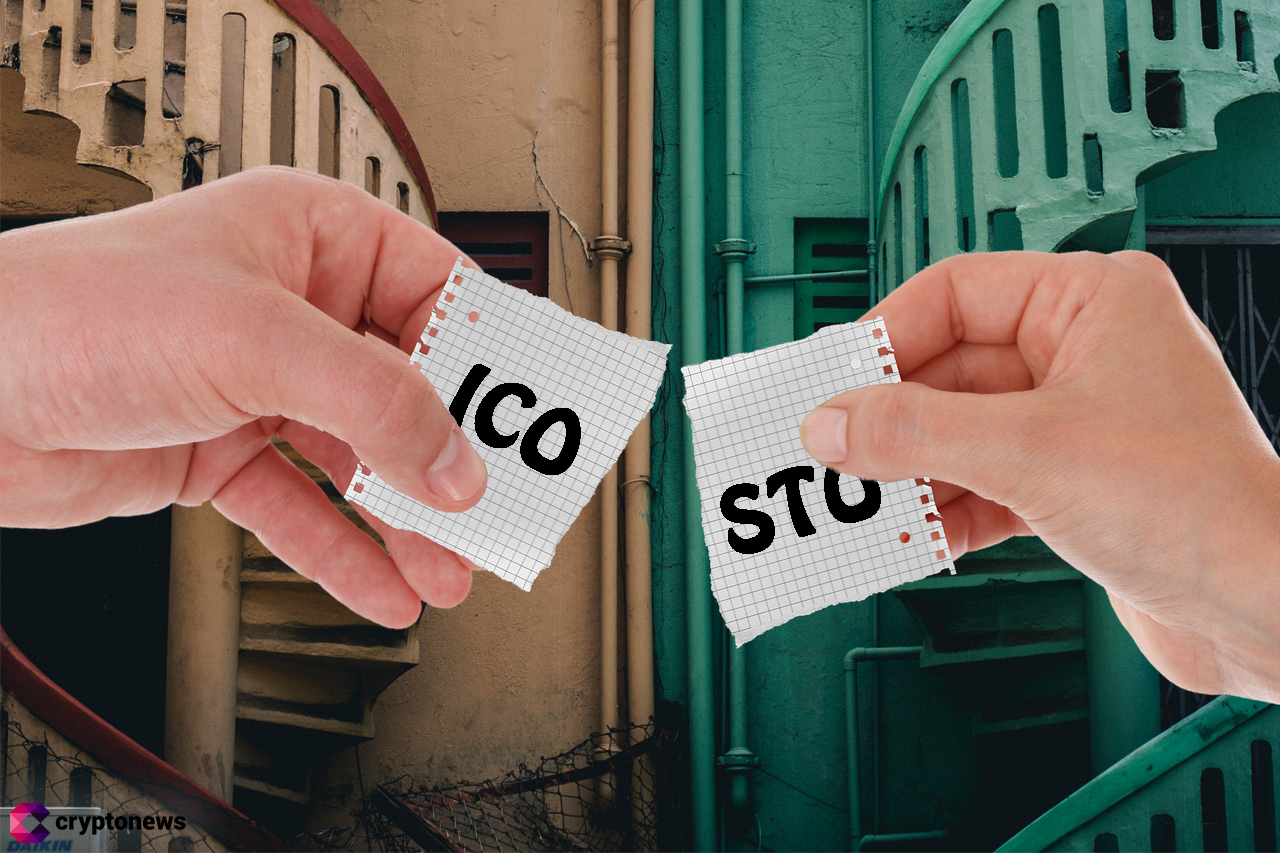
What is the difference between an ICO and an STO?
1.ICO or "Initial coin offering" - initial offering of tokens.
The “ICO” model was the first crowdfunding opportunity to emerge in the blockchain ecosystem. This fundraising method has made it possible for anyone and anywhere to finance the development of a company or project. ICOs were also named after the cryptocurrency version of the initial public offering (from the English Initial public offering or "IPO"). In exchange for his investment in the ICO projects, the investor receives a certain number of "utility tokens" or in other words, user tokens. These tokens represent future access to the company's product or service.
- Details
- Written by Atanas Kostov
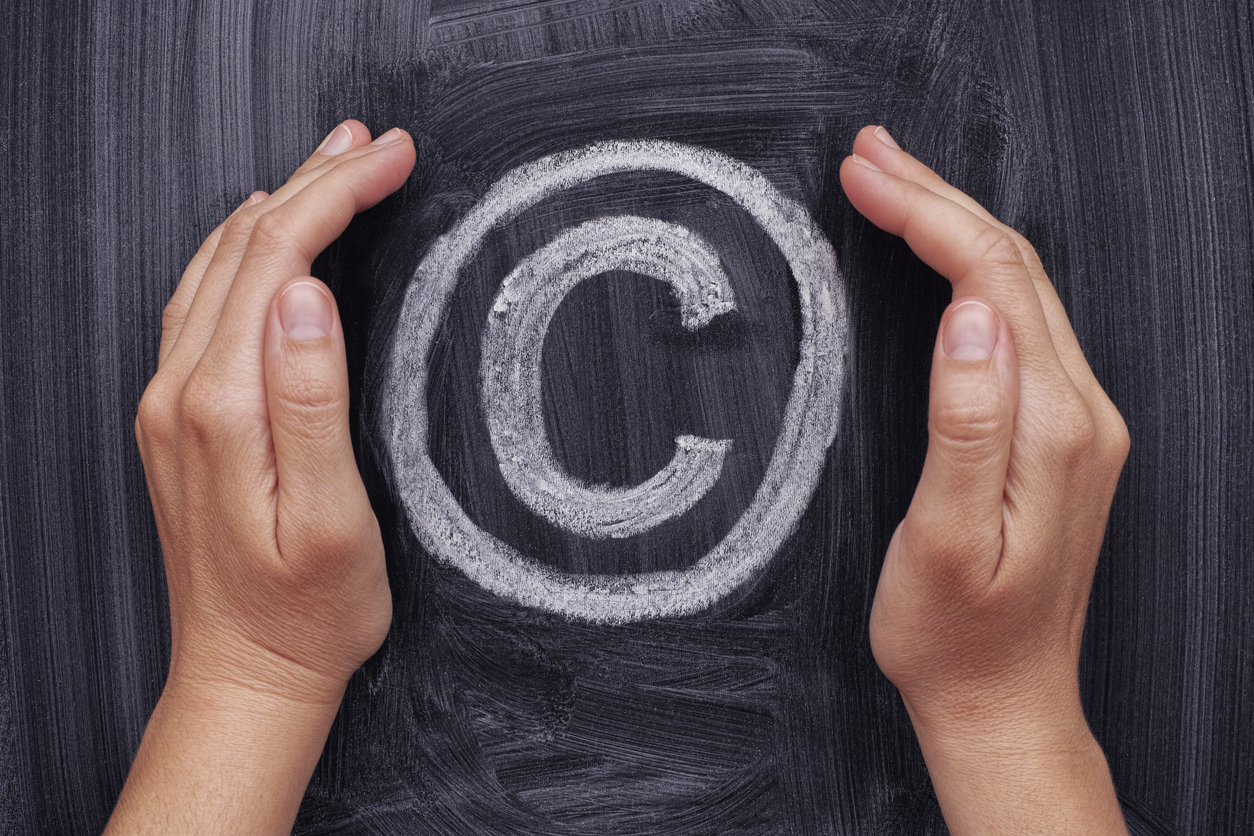
Copyright sign. Designation of a work of authorship with the sign ©.
The copyright symbol or copyright sign - © (capital Latin letter C in a circle) , is a symbol used in copyright notices for works other than sound recordings - photographs, paintings, literary works, software, etc. The use of the symbol was introduced into legal doctrine and practice by the Universal Copyright Convention , signed in Geneva on September 6, 1952. The symbol is widely recognized as a legal means of indicating authorship, along with the year of creation of the work and the name of the author ( for example © Atanas Kostov 2023 ).
Today, including under the Berne Convention, such a copyright designation is no longer required (in most countries) as an indication of ownership, but still the use of this designation has important practical value, especially in order to comply with the requirement to indicate the author - argument from Article 14, Paragraph 1, Item 4 of the Bulgarian Copyright act.
In the United States, for example, the Berne Convention Implementation Act of 1988, effective March 1, 1989, removed the requirement for the use of the copyright symbol - © , to designate copyright subject matter, under the US copyright, but its presence or absence is legally significant for works published before that date and continues to affect the remedies available to the copyright owner whose copyright is infringed.
- Details
- Written by Atanas Kostov
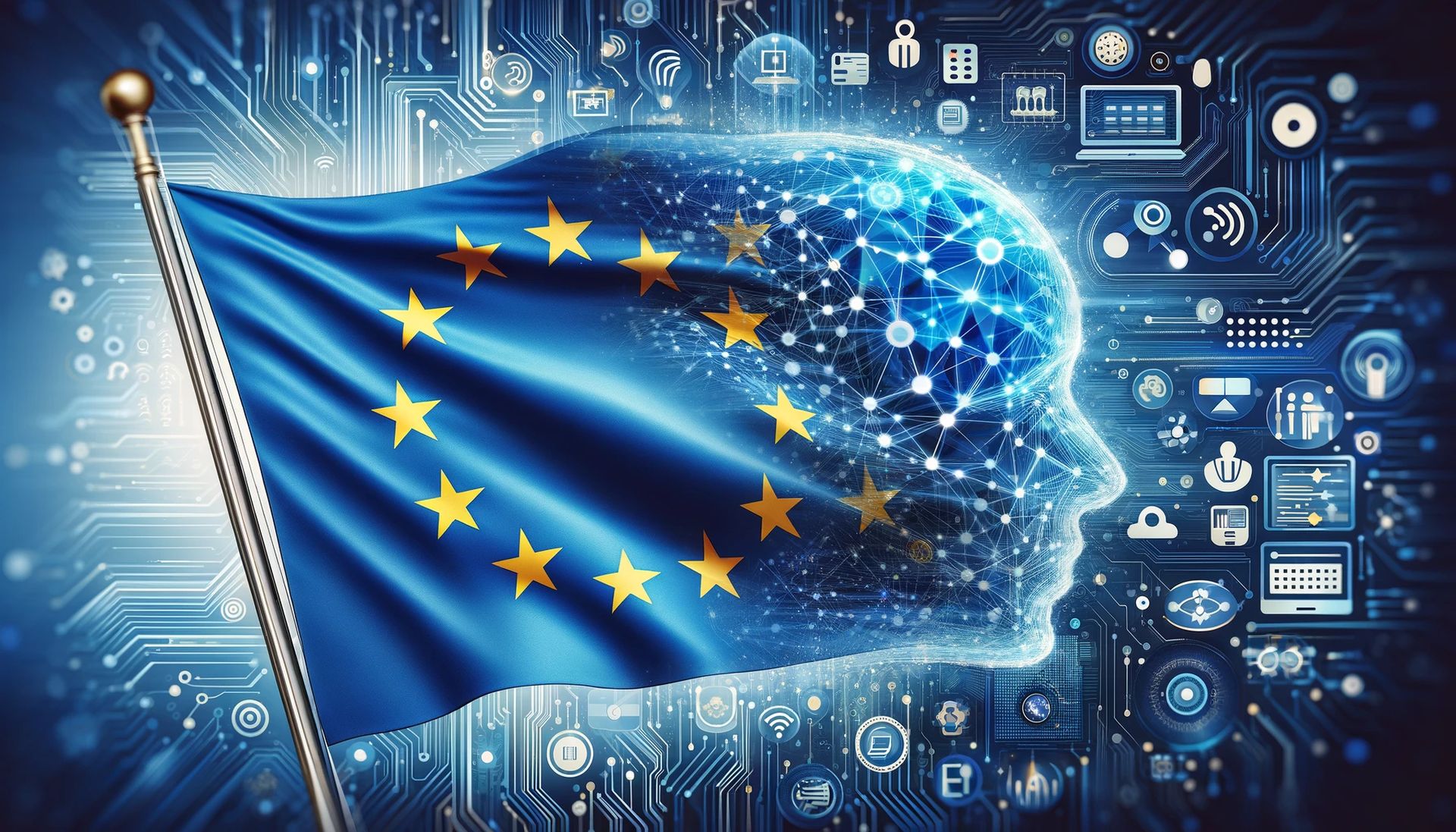
The AI Regulation and what to expect from it?
1. Introduction .
Artificial intelligence has literally become the new reality of the third millennium, as it is now permanently present as a technological solution in numerous devices, businesses, social solutions, with its "face" peeking out from industry and medicine as well. All this necessitates the construction of an adequate legislative framework not only at the national, but also at the multinational level, with a clear awareness of the complexity of the problem of a legal and technological nature, as well as the assumed general human, philosophical, social and purely pragmatic questions "for" and "against" ", which should be included as a decision in the normative framework in question. I am happy to note that Europe has responded quickly to this new challenge and work on global, pan-European legislative planning has already started a few years ago.
After all, in December 2023. European Union parliamentarians agreed on a sweeping new international act to regulate artificial intelligence - one of the world's first comprehensive attempts to limit the use of a rapidly developing technology that has far-reaching societal and economic implications. The regulation on the definition of harmonized rules on artificial intelligence (also called the "Legislative act on artificial intelligence" or from the English "AI act"), set a new global criterion for the EU member states, which are determined to lay the legal foundation of the potential benefits of the technology while trying to guard against the possible risks associated with it, such as automating jobs, spreading misinformation online, and jeopardizing national security. The Regulation is currently going through several final steps of legal agreement and fine-tuning in the European Parliament, but the existing political agreement means that its main guidelines are set.
- Details
- Written by Atanas Kostov
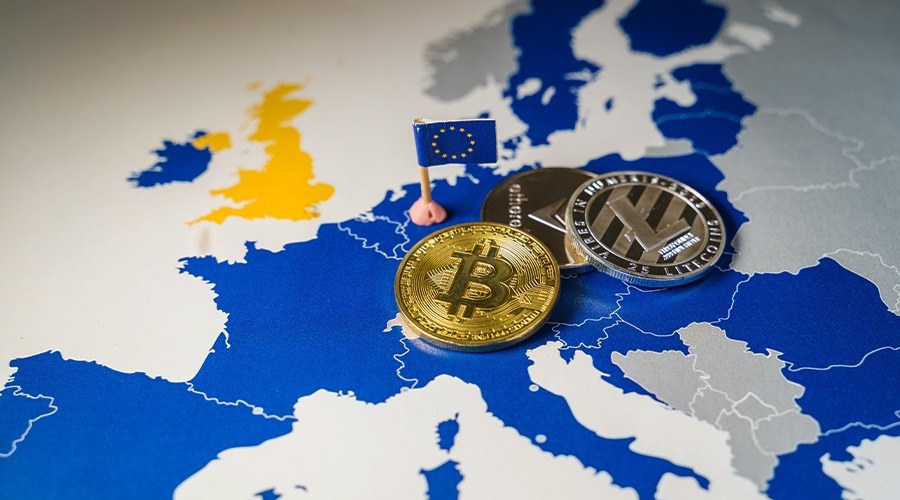
MiCA – the new legal framework of the blockchain industry.
1. Introduction .
The European Union (EU) Regulation on Markets in Crypto-assets (MiCA) aims to introduce an EU-wide regulatory framework regarding financial, legal and technological processes in the blockchain ecosystem, providing legal clarity and certainty for the European crypto-asset market. The legal framework of MiCA was put on the agenda as a legislative project as early as June 2022, and according to representatives of the crypto industry (for example, Tom Duff Gordon, Vice President of "Coinbase"), the adoption of the Regulation "will be a key moment for the blockchain market".
In his speech - Stefan Berger (EPP, Germany), lead rapporteur and MEP on the MiCA regulation, said: "This regulation is currently being worked on: "This puts the EU at the forefront of the token economy with 10,000 different cryptoassets. Users will be protected from fraud and scams, and the sector that suffered from the collapse of the crypto exchange "FTX" will be able to regain confidence. Users will have all the information they need and all major risks surrounding cryptoassets will need to be monitored. We guarantee that environmental impact disclosure will be taken into account by crypto-asset investors. This regulation brings a competitive advantage to the EU. The European crypto-asset industry has regulatory clarity that doesn't exist in countries like the US."
- Details
- Written by Atanas Kostov
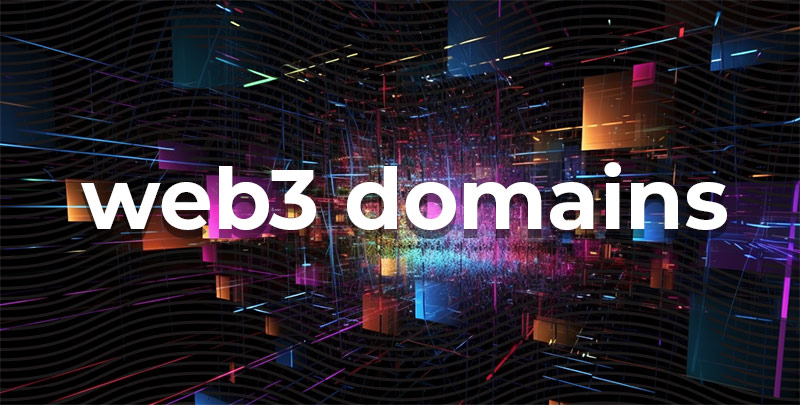
Legal Aspects of Blockchain Domains in Web3 .
1. Introduction .
I wanted to write this article because, although I commented on the topic for the first time, perhaps somewhere around 2010, and at the present moment, I do not see that a law has appeared in Bulgarian law to resolve disputes between trademarks and domains. Illegal arbitration in "Registr.bg" EOOD continues to exist, and the Supreme Court of Justice has ruled on this topic many times, and the case law created on the topic by the Supreme Court of Cassation is of the opinion that this arbitration is not such and its decisions have no legal force strength.
Despite the mentioned legal absurdities, nothing has changed in Bulgaria, but the world moved to a new speed in the so-called "Web3" [1] and numerous projects in the public sphere, finance, law, services and entertainment are being developed through blockchain technologies.
Given the lack of any internal regulatory framework and the Supreme Court's opinion in a strange case to say the least, that "domains are not objects of commercial activity, and therefore do not constitute a violation of a trademark" [2] (interestingly, what are Yahoo, Gmail, Facebook , Instagram), I will once again have to discuss what is happening "over there" and give recommendations for the development of Bulgarian law, which I hope someday, someone will first read and then consider, given the fact that trademarks are very they are often about something happening online in the 21st century. "Something" that is the subject of law all over the world, but not in Bulgaria - domains.


